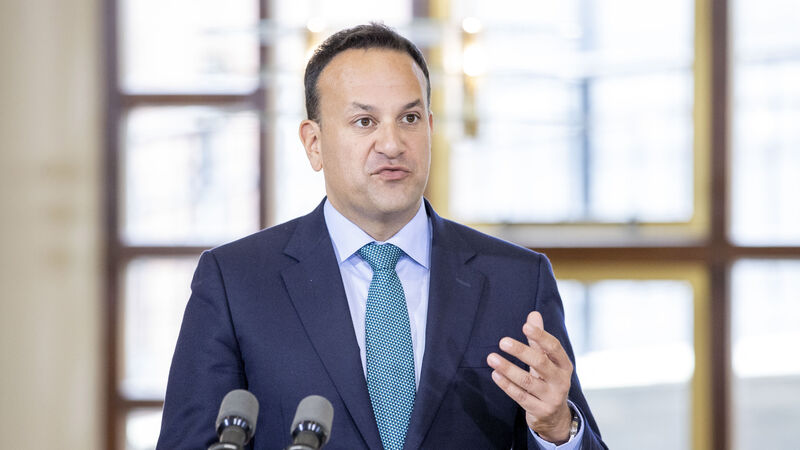Gerard Howlin: Muppet Show politics is damaging to the national interest

Tánaiste Leo Varadkar has talent as a tactician. He has the poise of a skilled political practitioner. It is far from clear what his strategic purpose is, however. Picture: Julien Behal
THE greatest danger to Fine Gael now is itself. Its rise and rise as the hump in the middle of what’s left of the centre of Irish politics is apparently inexorable.
Yesterday’s statement on national radio by Fianna Fáil’s former deputy leader, Éamon Ó Cuív, that his party needs a new leader, was confirmation, if needed, of the political abyss into which that party has walked, eyes wide open.












